On this day, the nation remembers one of its youngest and most fearless sons, Khudiram Bose — a name etched in the history of India’s struggle for independence.
Born on December 3, 1889, in Habibpur village of Midnapore district, Bengal Presidency (now in West Bengal), Khudiram grew up at a time when the flames of anti-colonial resistance were beginning to spread across the subcontinent. His life, though tragically short, became a rallying cry for countless young Indians who dared to dream of a free nation.
Khudiram lost his parents at an early age and was raised by his elder sister. As a teenager, he came under the influence of nationalist literature and revolutionary leaders like Aurobindo Ghosh and Barindra Kumar Ghosh. The partition of Bengal in 1905 by the British sparked a wave of outrage and protest, and Khudiram — barely in his mid-teens — joined the growing revolutionary movement. He became an active member of the Anushilan Samiti, an underground group committed to ending British rule through armed resistance.
The defining chapter of Khudiram’s life came in 1908 with the Muzaffarpur Conspiracy Case. Along with fellow revolutionary Prafulla Chaki, he was assigned to target Kingsford, the unpopular British magistrate of Muzaffarpur, known for his harsh sentences against nationalists. On the evening of April 30, 1908, Khudiram and Chaki waited near the magistrate’s carriage route. Mistaking another carriage for Kingsford’s, they hurled a bomb that tragically killed two British women instead.
Following the incident, Prafulla Chaki took his own life to avoid capture, but Khudiram, after a 25-kilometre pursuit, was arrested by the police. He was just 18 years old. His trial became a spectacle, attracting widespread public attention. Despite his youth, Khudiram faced the court with a calm dignity that impressed even his adversaries. When the death sentence was pronounced, he accepted it with a smile, reportedly saying he was proud to give his life for his country.
On August 11, 1908, Khudiram Bose was executed by hanging in Muzaffarpur Jail. His martyrdom sparked massive protests across Bengal and beyond. In Kolkata, thousands gathered to honour him, and his name became synonymous with courage, sacrifice, and youthful defiance. Newspapers of the time, both Indian and foreign, carried emotional tributes to the teenager who had dared to challenge the might of the British Empire.
Khudiram’s legacy remains enduring. Streets, schools, and railway stations across India have been named in his honour. His story continues to inspire not only historians and political activists but also the youth, reminding them that courage and conviction are not bound by age. In Bangladesh, too, Khudiram is remembered as part of the shared heritage of resistance that transcends present-day borders, symbolising the united struggle of the Bengali people against colonial oppression.
On his martyrdom anniversary, Khudiram Bose is not merely remembered as a revolutionary — he is celebrated as an eternal symbol of youthful idealism, patriotism, and the unyielding will to fight injustice, even in the face of certain death. His life, brief but blazing, reminds us that the path to freedom is often lit by the sacrifices of the young and the fearless.


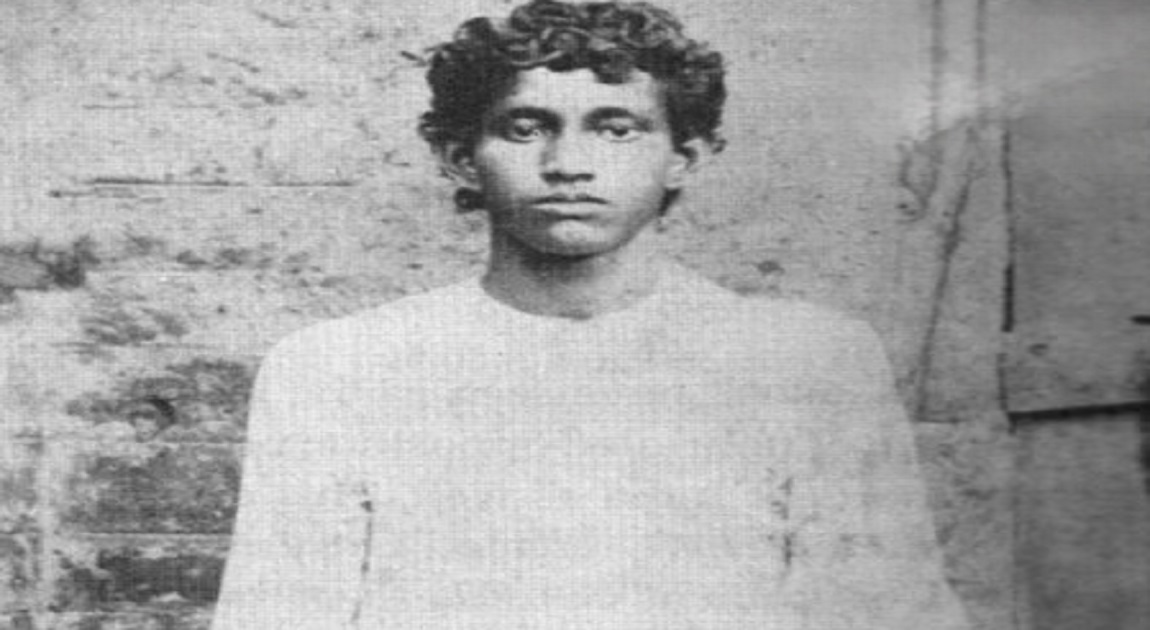

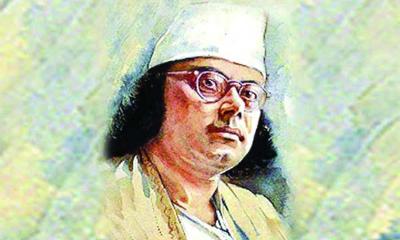
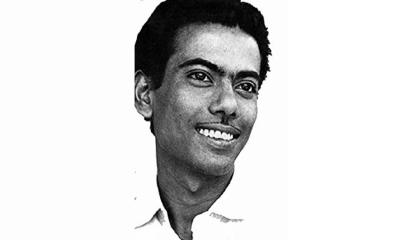
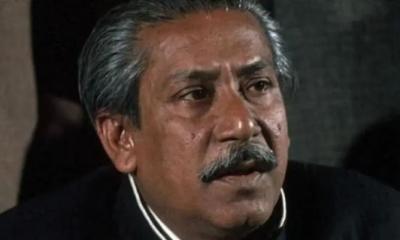
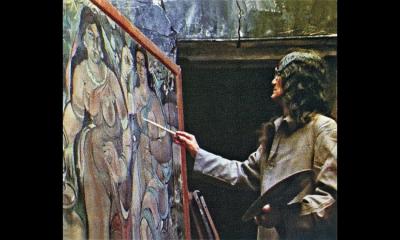

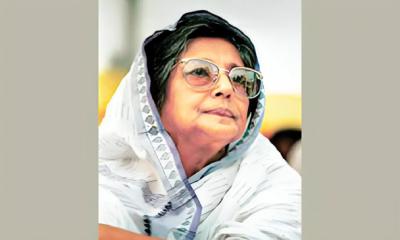




-20260304091720.webp)






-20260303080739.webp)










-20260225072312.webp)





-20260228064648.jpg)
